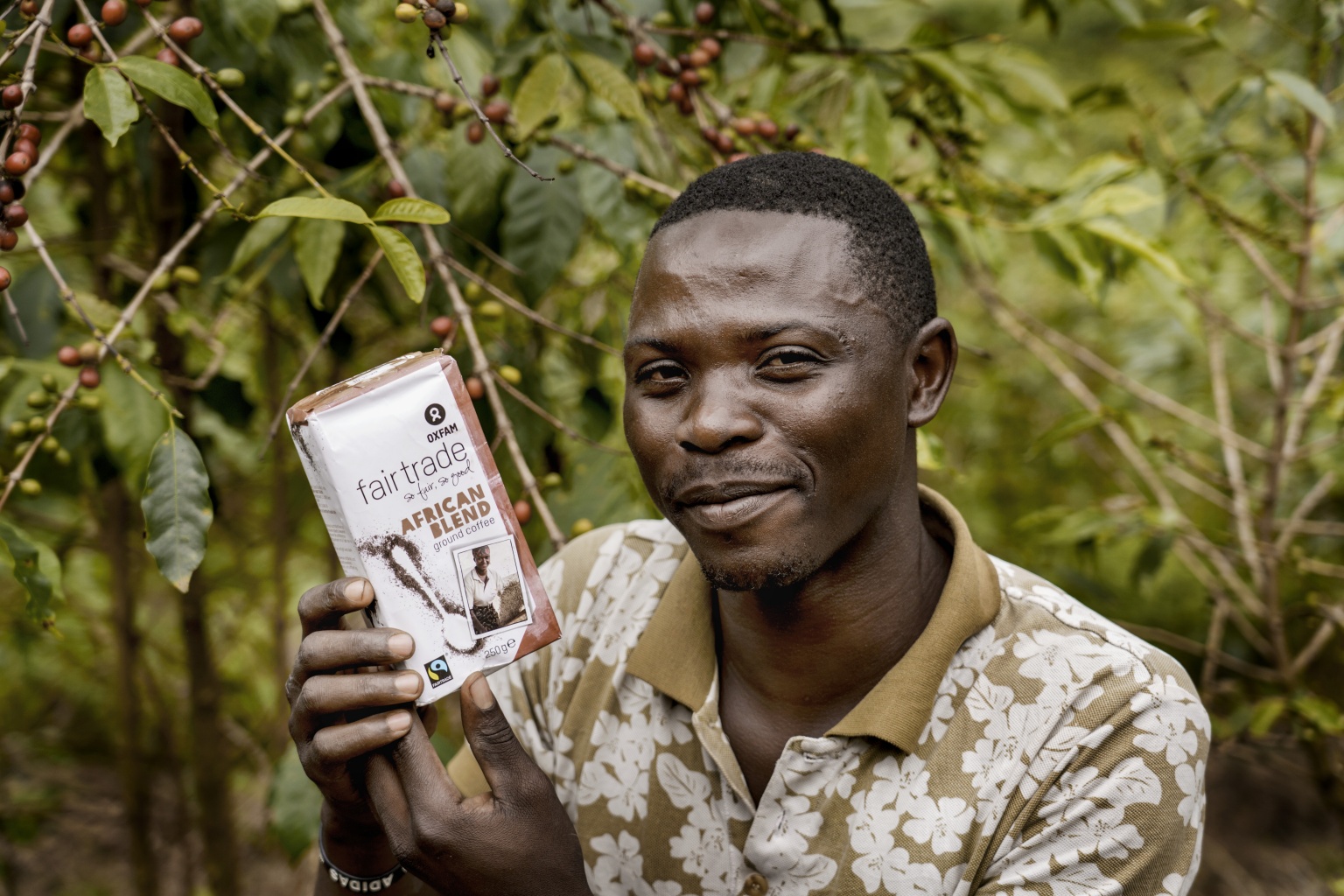
Oxfam steps up pressure after dismal Coffee Barometer report
The world’s biggest coffee companies don’t protect human rights and the environment enough. And they do not communicate openly about the extent to which they succeed in making coffee cultivation more sustainable. This is evident from the new Coffee Barometer, a biennial study by Oxfam and others that gauges the …
The world’s biggest coffee companies don’t protect human rights and the environment enough. And they do not communicate openly about the extent to which they succeed in making coffee cultivation more sustainable. This is evident from the new Coffee Barometer, a biennial study by Oxfam and others that gauges the sustainability of the coffee sector. Conclusion: our continued efforts to keep the industry on its toes remain crucial for producers.
What is Oxfam doing for fair trade coffee farmers?
Our speciality is fair trade. We were the first to introduce fair trade coffee to Belgium in 1971 and did everything we could to remain a pioneer.
The fair trade minimum price and the fair trade premium form the basis, but fair trade is more than that:
- Oxfam deliberately opts for small-scale coffee cooperatives, often with vulnerable farmers, and builds up a long-term partnership with them.
- Oxfam pays the cooperative for part of the coffee in advance, so that it can pay its farmers a good price immediately after the harvest.
- Oxfam buys its coffee directly from the farmers, and all coffee is traceable.
Fair trade: more than trade
When you buy Oxfam Fair Trade coffee, you are also supporting the policy-influencing work of the npo Oxfam-Wereldwinkels, because the two are closely linked. The World Shop movement strives for structural fair trade by raising awareness and influencing policy.
In addition, our non-profit organisation sets up programmes that help partner producers, financially or otherwise. For example:
- conversion to agro-ecological cultivation techniques, purchase of new coffee plants
- encourage coffee farmers to become less dependent on the coffee harvest, e.g. by helping them to raise livestock as well
- investments in quality improvement
- giving coffee producers the opportunity to visit international trade fairs and make contact with additional buyers
What does Oxfam learn from the Coffee Barometer?
While the sector’s global turnover is 170 billion euros a year, the structurally too low price of coffee means that many farmers do not earn a living income.
The world’s largest coffee companies have been promising to take responsibility for this for years. But while we see some progress in their policies, they do not make demonstrable progress on the ground.
Fair trade meets these needs, but it is not the only solution. That is why Oxfam is helping farmers to deliver ever better quality and to farm organically. This way, they also receive additional quality and organic premiums from their buyers.
Consumers want sustainable coffee
An interesting finding! The Coffee Barometer also shows that consumers attach increasing importance to the origin of their coffee and whether it has been produced in a sustainable way.Oxfam-Wereldwinkels vzw continues to work for a better regulated international coffee market. One where minimum prices are set according to real production costs, where speculation no longer has a chance, and where the bar is set equally high for everyone in terms of respect for human rights and the environment.
Because, after 50 years in the business, we are even more certain: fair coffee benefits everyone.